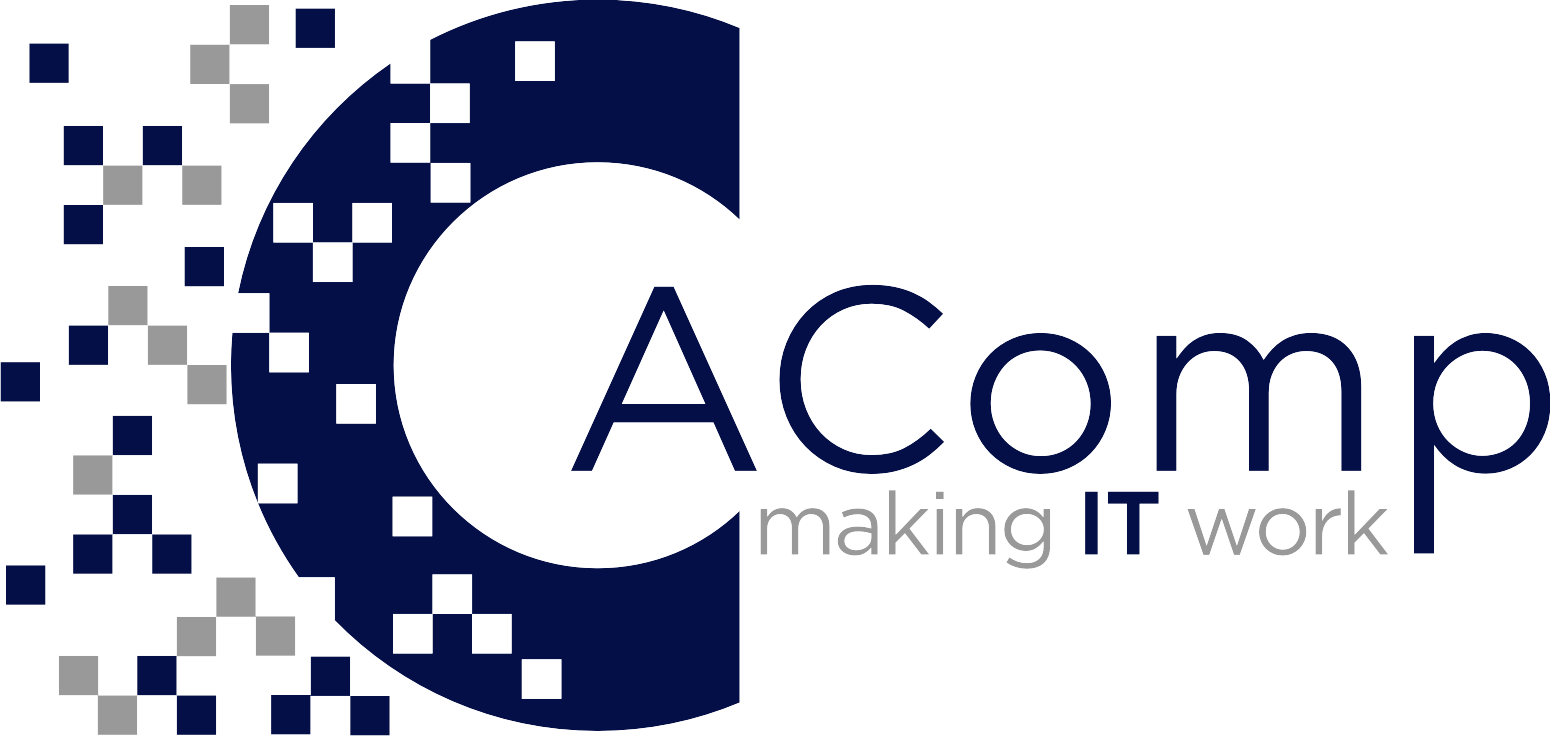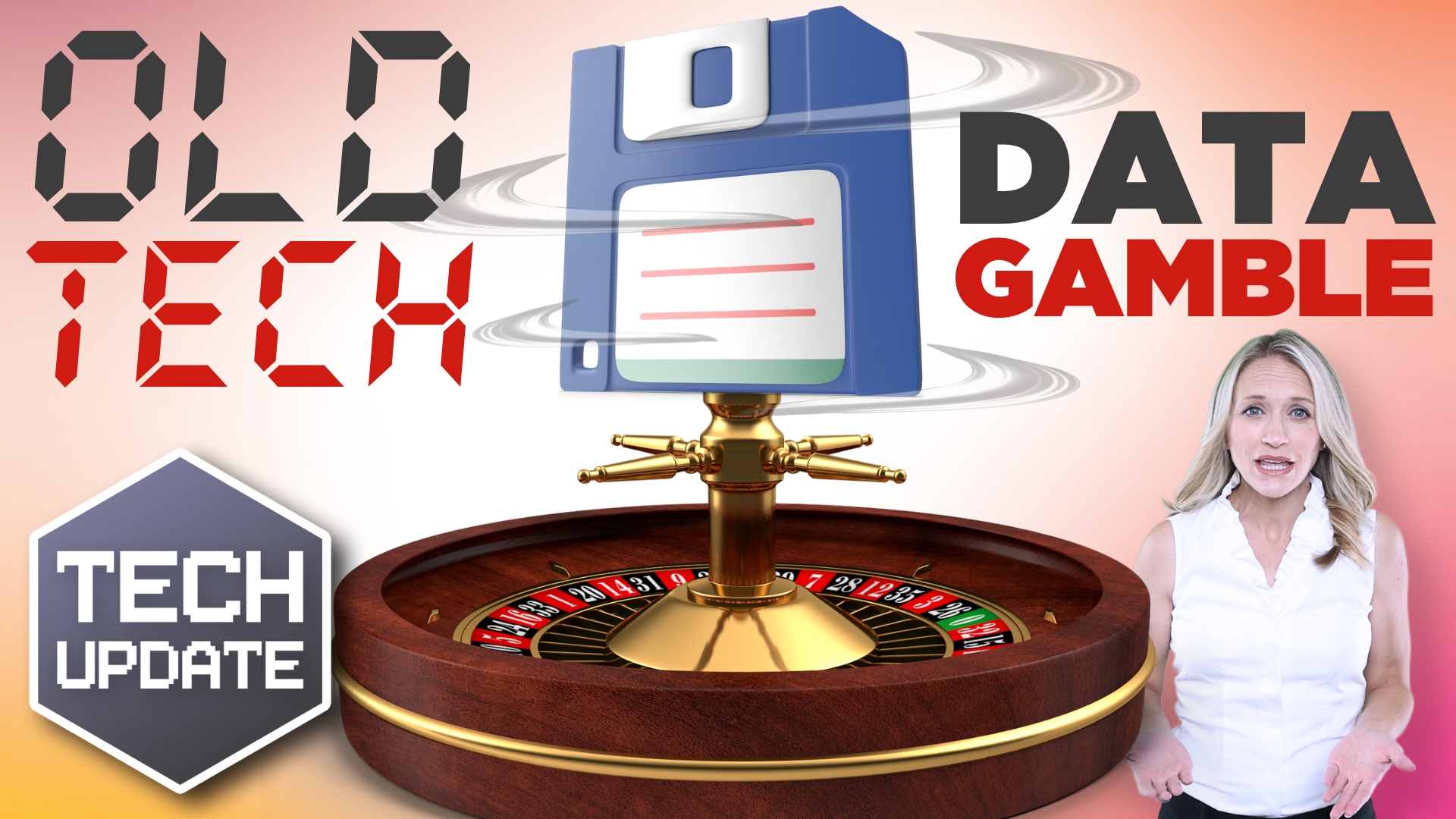When you’re replacing your aged computer systems or peripheral storage devices, is your approach merely to erase data and subsequently dispose of them? You may unknowingly be exposing your private information to security breaches.
A recent study conducted by a data recovery expert has revealed a startling fact. Millions of supposedly erased files can actually be retrieved from poorly cleared hard drives which are put up for sale on the internet. This brings to light the significant vulnerability of your sensitive data.
It’s not just ordinary consumers who might gain access to your archived files. Cyber criminals are known to deliberately purchase second-hand hard drives with the express intention of retrieving data from them. This data could encompass a broad range, from classified business intelligence to specific details about clients.
In the exhilaration of adopting gleaming new technology, it’s easy to lose sight of the residual data on your old drives. However, it is crucial to take into account what resides on these old drives prior to their sale or disposal.
The risk remains even if the drive was encrypted. Data recovery is a possibility, and even if the drive has sustained damage, there’s still a likelihood that parts of the data could be salvaged. It’s always preferable to err on the side of caution when it comes to handling confidential information.
To put this in perspective, would you leave critical documents scattered around for anyone to glance over? Certainly not! Therefore, your digital data warrants the same degree of safeguarding.
So, what measures can you take to shield yourself from these risks?
Do not let your obsolete hard drives morph into a potential threat. Dedicate some time to ensure they are either thoroughly wiped or physically destroyed before disposal. If you’re planning to upgrade your hardware, it’s advisable to engage a professional who can manage the data transition and confirm that your old devices are meticulously wiped clean.
This course of action is not solely about securing your personal data. It extends to safeguarding the data of your employees, clients, and anyone else whose personal data might have been stored on that old drive.
Investing a small amount of time and effort into properly handling your old drives is a worthy trade-off for the ensuing peace of mind, knowing that your data is impervious to unauthorized access.
Don’t gamble with your data security – take proactive steps to fortify it:
- Thoroughly wipe or physically destroy old hard drives.
- Involve a professional during your hardware upgrades.
- Elevate your general security protocols.


